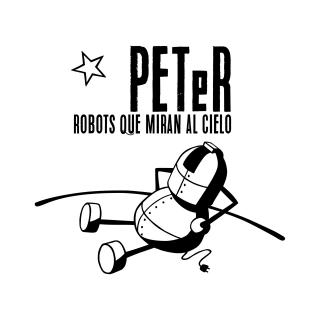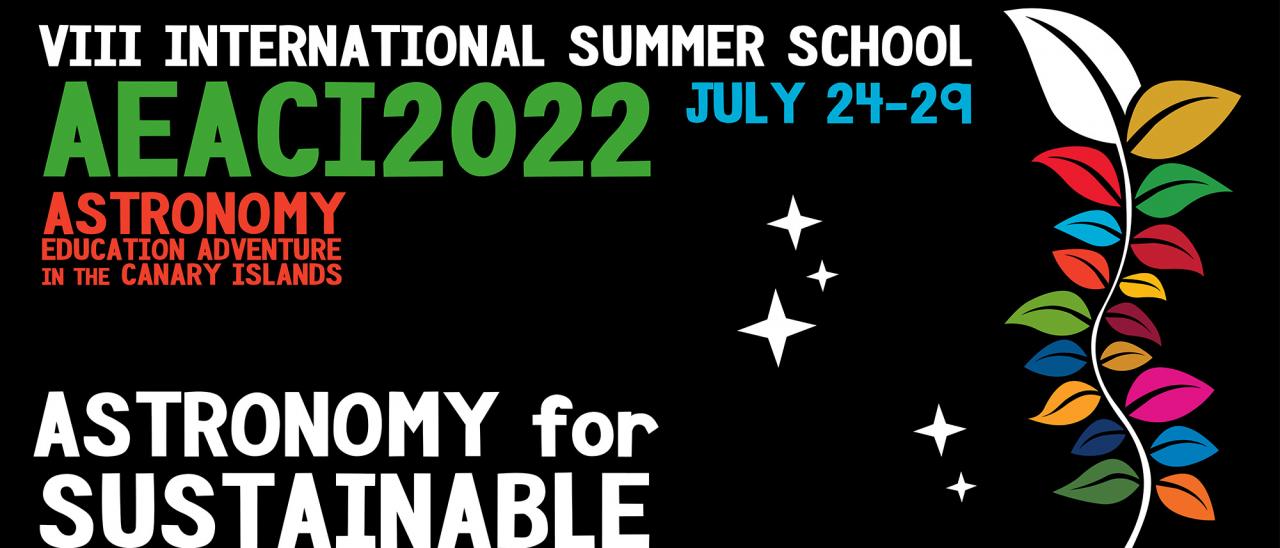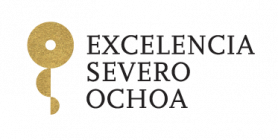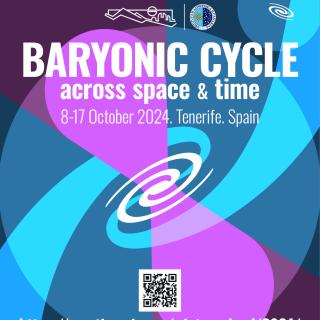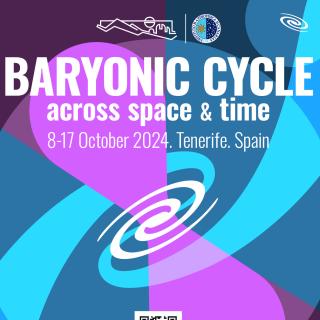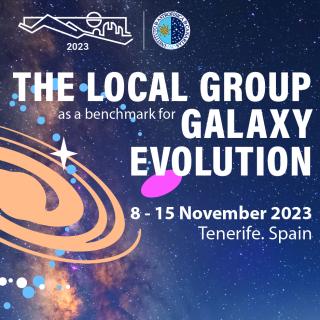“Sala Grande” of the IACTEC building (July 24-28)
Parque Tecnológico y Científico de las Mantecas
38320 San Cristobal de La Laguna, Santa Cruz de Tenerife
IAC headquarters (July 29)
C/ Vía Láctea, s/n
38205 San Cristobal de La Laguna, Santa Cruz de Tenerife
The Instituto de Astrofísica de Canarias (IAC), together with other scientific and educational institutions, organises the eighth edition of the international school for teachers "Astronomy Education Adventure in the Canary Islands" (AEACI) which this year will be dedicated to "Astronomy for Sustainable Development" on the occasion of the celebration of the International Year of Basic Sciences for Sustainable Development.
The school will be held from July 24 to 29, 2022 in a hybrid format, both face-to-face in San Cristóbal de La Laguna (Tenerife, Canary Islands), and online, allowing participants from all over the world to enjoy the unique AEACI experience at their best convenience and in a sustainable way. The training is intended for teachers of all non-university educational levels and subject domains who wish to immerse themselves in a real STEM (Science, Technology, Engineering and Mathematics) experience.
It consists of lectures and workshops with an eminently practical and participatory approach, with contents and activities that, this year, will highlight the contribution of Astronomy to the Sustainable Development Goals. For six days, attendees will be able to explore the secrets of the Universe and the latest discoveries and technological advances made at the IAC, learn how to use robotic telescopes to develop research projects with their students, discover online resources and laboratories and practice with real data. The programme also includes training visits(face-to-face and virtual) to the IAC facilities and to the Canary Islands Observatories.
Registration will be open until July 15 (or until full capacity is reached) and places will be allocated in order of registration, giving priority to teachers who work in public schools. A maximum of 50 in-person attendees and 200 online attendees will be admitted.
The school is part of the IAC's Educational Project with Robotic Telescopes (PETeR) and is carried out in collaboration with the Núcleo Interactivo de Astronomia (NUCLIO), the Faulkes Telescope Project, the National Schools’ Observatory and the CESAR educational initiative (ESA, ISDEFE, INTA), and in partnership with the European School Innovation Academy (ESIA).
The training will be given in English and will last 30 hours. It will be certified by the IAC and NUCLIO, within the framework of the European project Galileo Teacher Training Program. It also has the approval of the Regional Ministry of Education and Universities of the Canary Islands Government.
The school is partially funded by the Communication and Outreach Unit (UC3) and the Severo Ochoa Programme of the IAC.
